When is an Electrical Inspection Required?
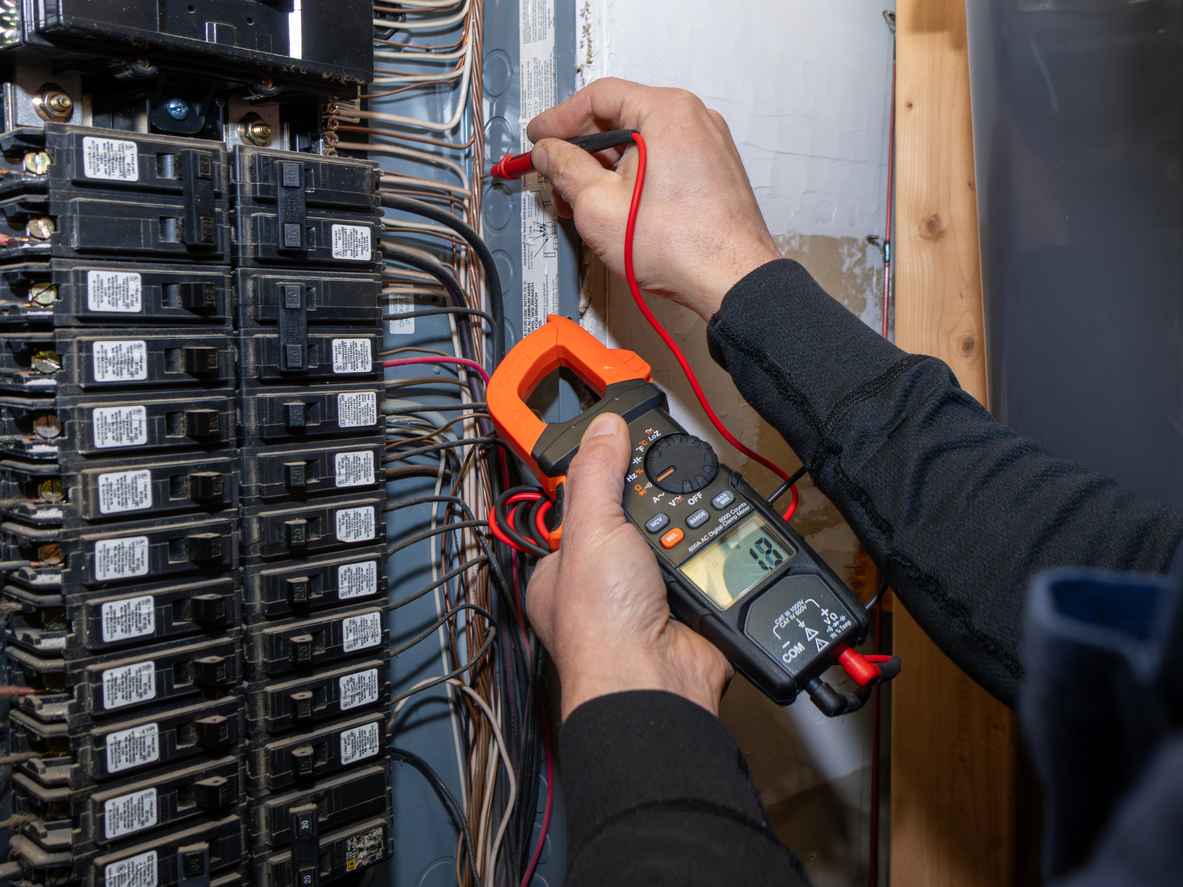
Electrical systems are a critical part of any home or business, ensuring that power is distributed safely and efficiently. However, faulty wiring, outdated panels, or code violations can pose serious safety risks. That’s why an electrical inspection is essential in many situations. Whether you’re buying a new home, completing a renovation, or experiencing electrical issues, knowing when to schedule an inspection can help prevent hazards and ensure compliance with safety regulations.
Why Electrical Inspections Are Important
An electrical inspection is designed to assess the safety, functionality, and efficiency of your electrical system. Certified electricians examine wiring, circuit breakers, outlets, and other components to identify potential hazards, outdated systems, or necessary upgrades. Regular inspections can prevent electrical fires, reduce energy waste, and ensure your property meets local electrical codes.
Situations That Require an Electrical Inspection
Knowing when to schedule an electrical inspection can prevent potential hazards and costly repairs. Whether you’re upgrading your home, experiencing electrical issues, or ensuring compliance with safety regulations, inspections help identify risks early and keep your system functioning efficiently. Below are some key situations where an inspection is essential.
Buying or Selling a Home
If you’re purchasing a home, an electrical inspection should be part of the home-buying process. Older homes may have outdated wiring, undersized panels, or unsafe electrical modifications that could lead to costly repairs. A thorough inspection ensures you know the condition of the system before making a purchase.
After Major Electrical Work or Renovations
Anytime significant electrical work is done—such as installing a new circuit, upgrading the electrical panel, or rewiring part of a home—an inspection is typically required to ensure compliance with safety codes. Many local building departments mandate an electrical inspection before approving newly completed work.
Older Homes with Outdated Wiring
Homes built decades ago may have electrical systems that are no longer up to modern safety standards. If your home has knob-and-tube wiring, aluminum wiring, or a fuse box instead of a circuit breaker panel, an electrical inspection is strongly recommended.
Frequent Electrical Issues
If you notice frequent circuit breaker trips, flickering lights, outlets that feel warm, or burning smells from your electrical panel, these could be warning signs of a serious problem. An electrical inspection can diagnose the cause and recommend necessary repairs or upgrades before issues escalate.
Before Installing Large Appliances or an EV Charger
Adding high-power appliances like an electric range, hot tub, or EV charger to your home’s electrical system can put a strain on existing circuits. Before installing any major appliance, it’s best to have an electrical inspection to ensure your system can handle the increased load safely.
Meeting Insurance or Rental Requirements
Some homeowners’ insurance providers require an electrical inspection before issuing or renewing policies, especially for older homes. Landlords may also need inspections to ensure rental properties comply with local safety codes.
Schedule an Electrical Inspection with Chesapeake Electric
If you’re unsure whether your home or business needs an electrical inspection, Chesapeake Electric is here to help. Our licensed electricians provide thorough inspections to ensure your electrical system is safe, efficient, and up to code. Contact Chesapeake Electric today to schedule an inspection and keep your property protected.
Recent Posts

June 20, 2025
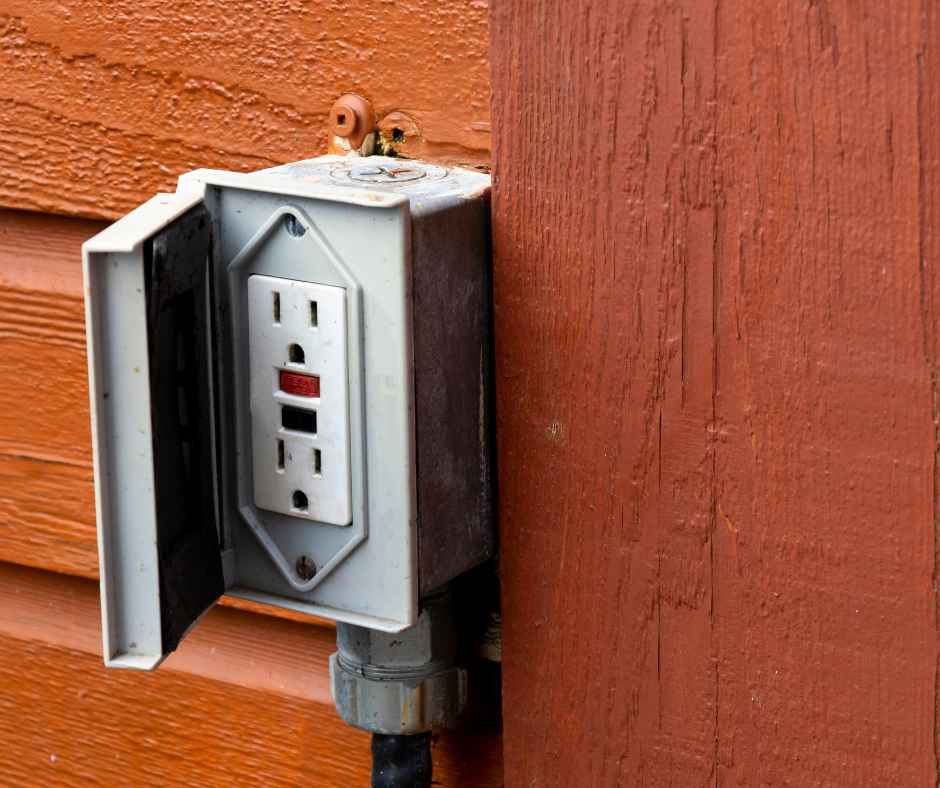
June 12, 2025
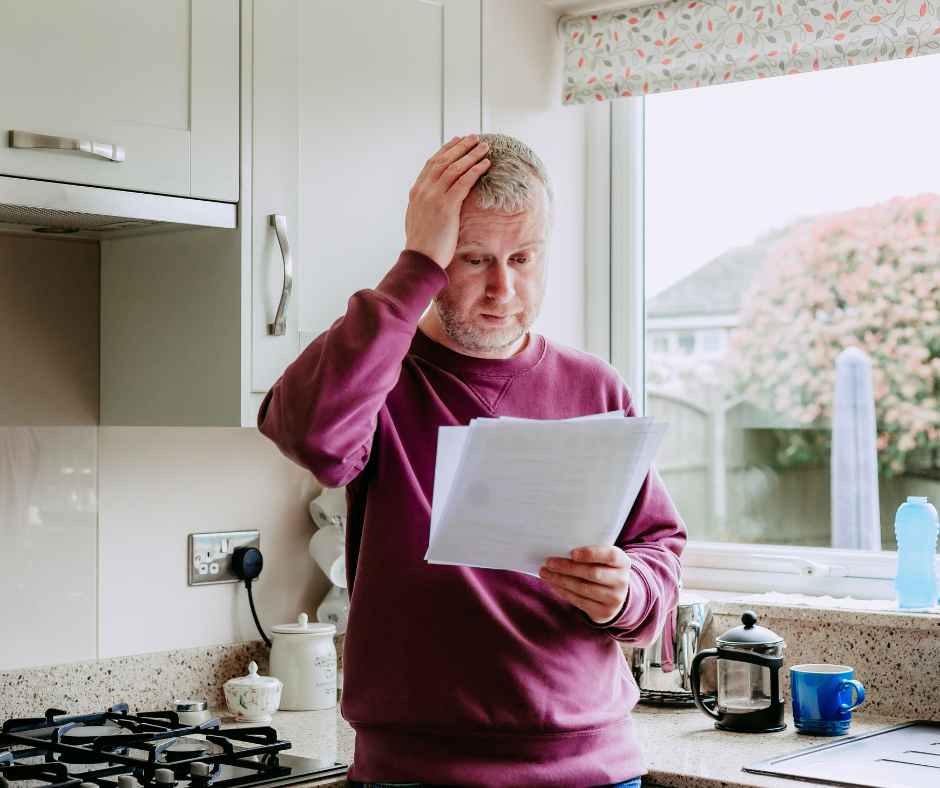
June 5, 2025
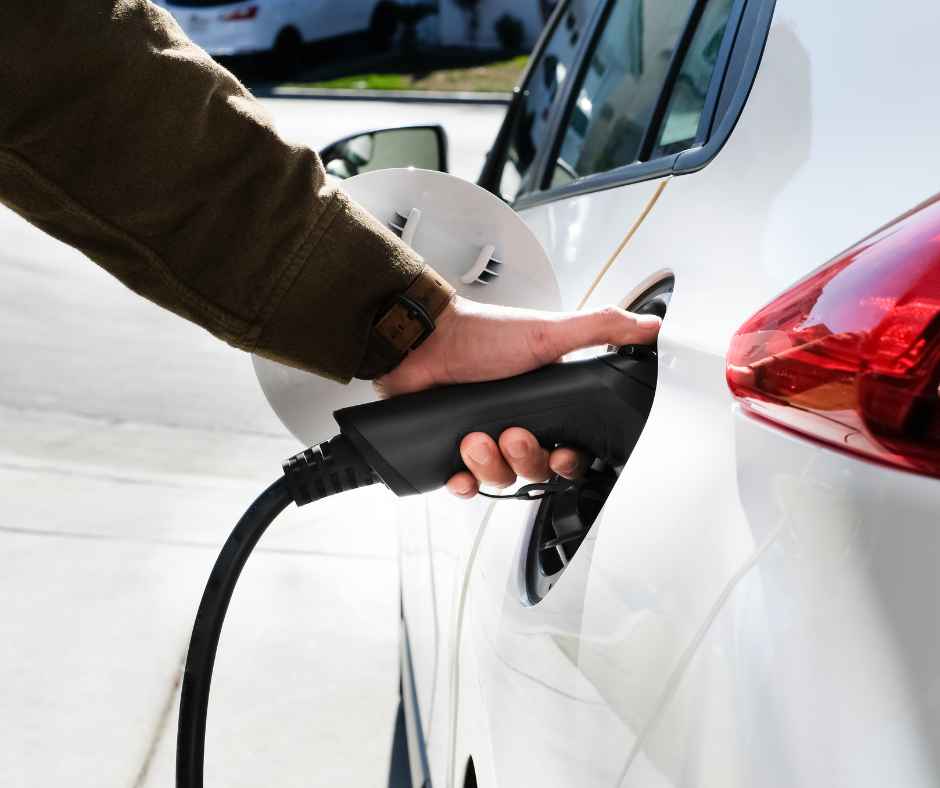
May 22, 2025
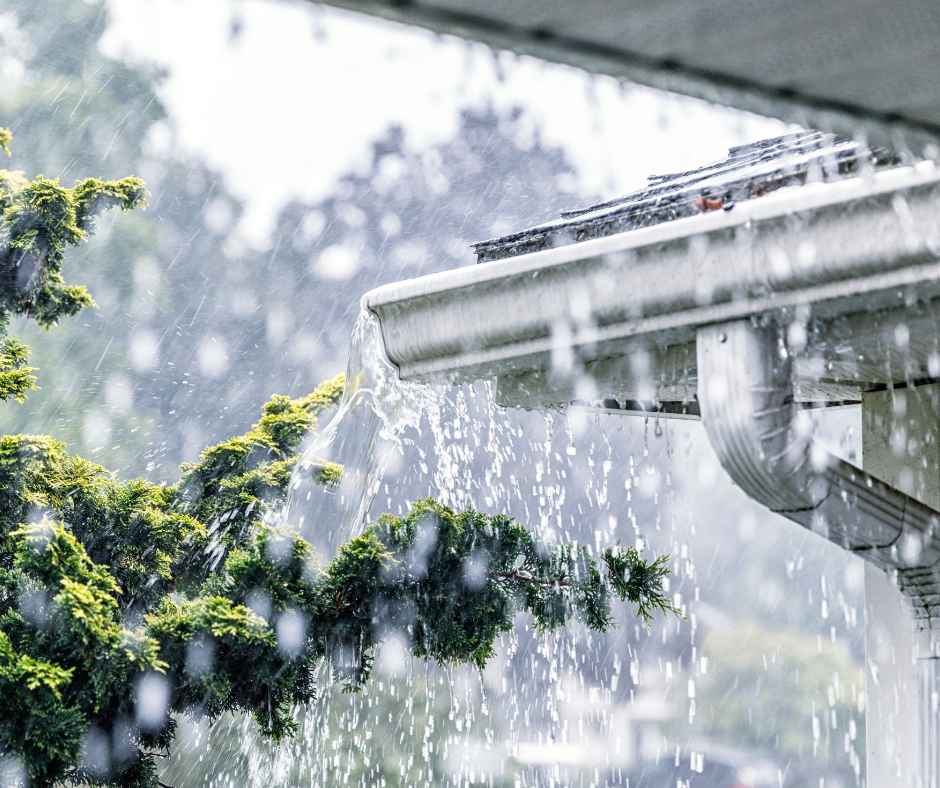
May 15, 2025
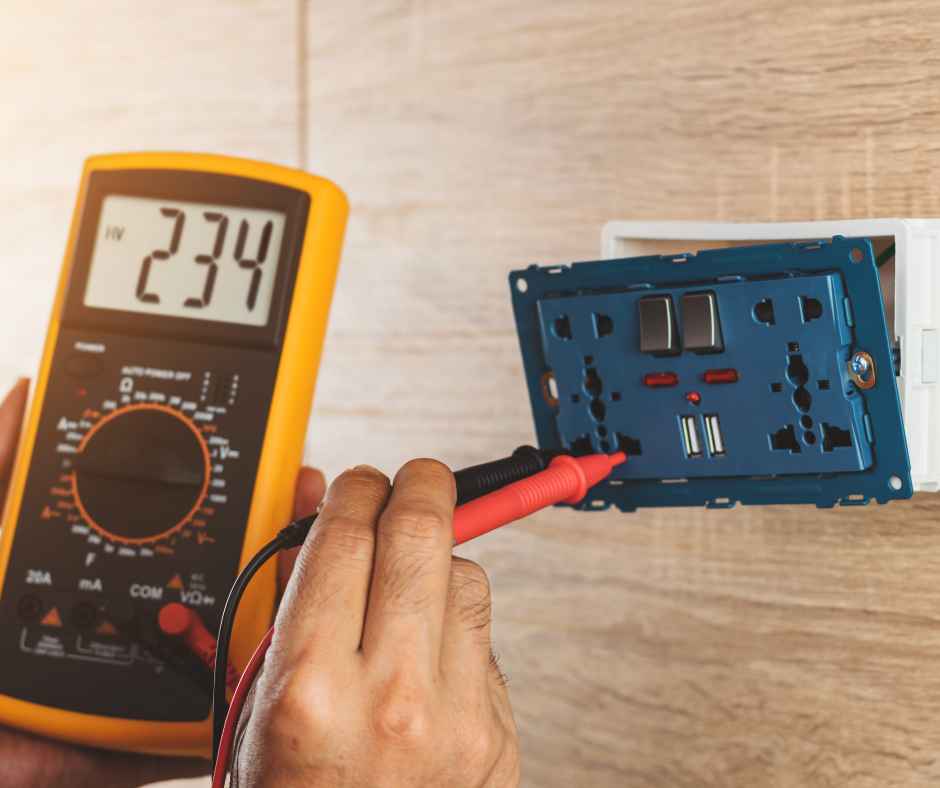
May 8, 2025
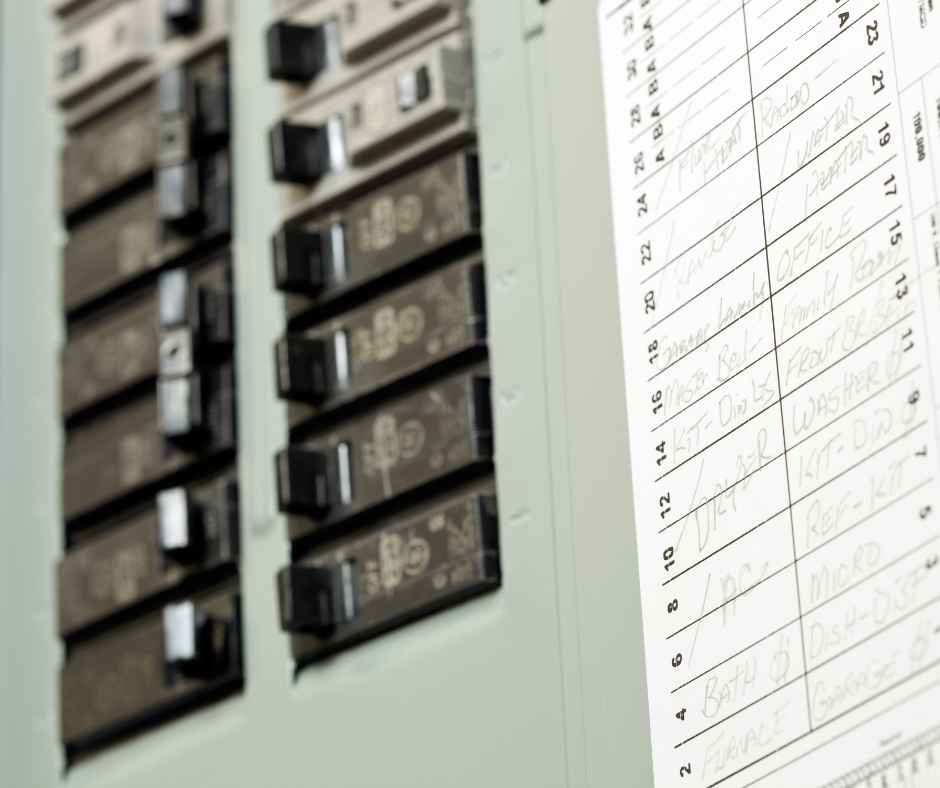
April 25, 2025
